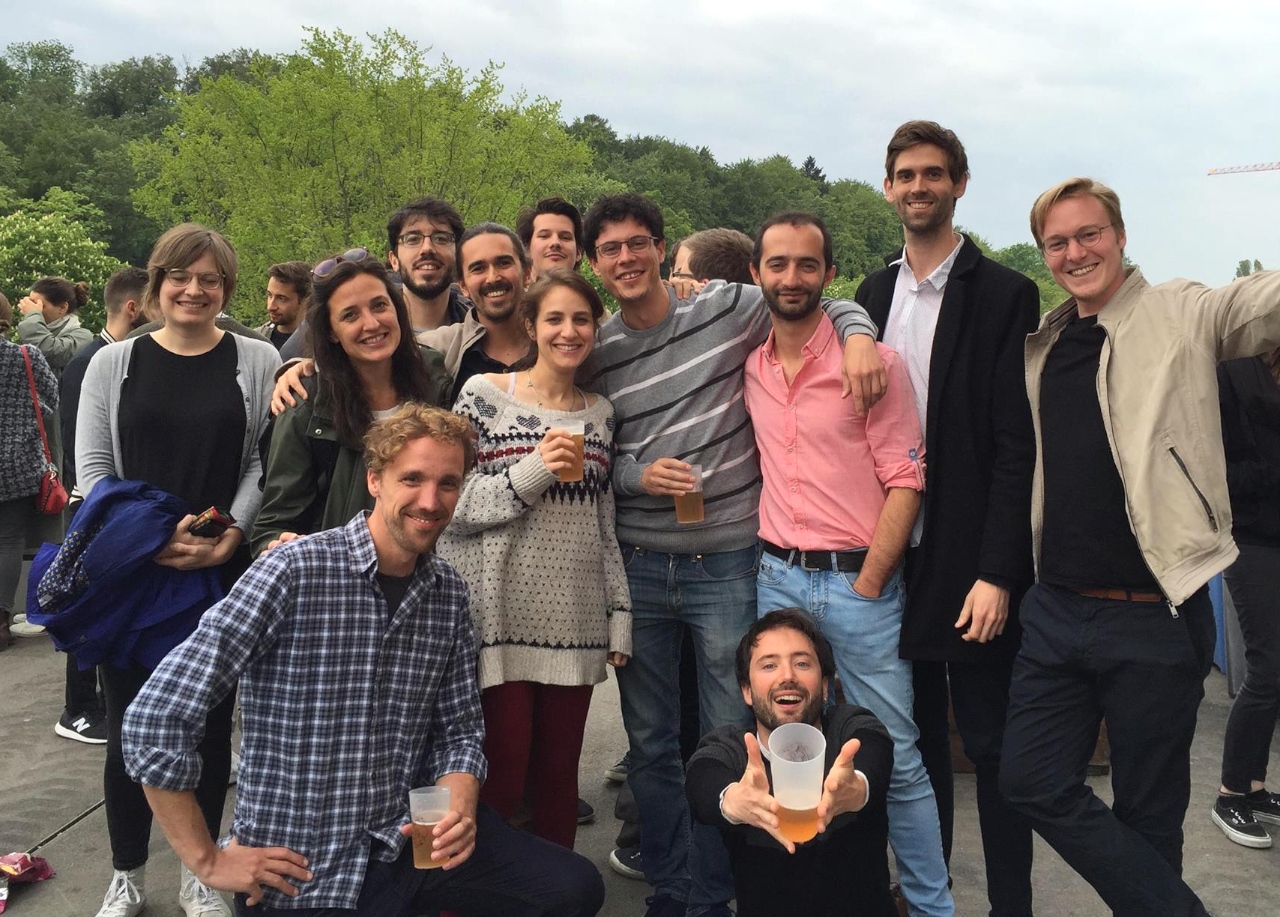Travel Grant Report by Adrian Lüders
09.12.2019, by Tina Keil in grant report
University of Salzburg, Austria; Research visit to Professor Eva G. T. Green at the University of Lausanne, Switzerland

I'm very grateful to the EASP for awarding me with a travel grant that offered me the opportunity to visit Professor Eva G. T. Green and her team at the University of Lausanne, Switzerland!
My relationship with Lausanne already started one year before my lab visit. My friend and colleague Emanuele Politi had organized a small meeting to which he invited me as well as our mutual friend Yasin Koc to present some data concerning the appraisal of refugees. It was exactly that moment when I got hooked by this place in multiple ways. After having some friendly discussions with Eva, it became clear that we were holding similar interests in topics related to migration management, and refugee appraisal. As up to that point, my own research training mainly included experimental techniques, I was fascinated how Eva and her team used secondary and multi-level data analysis to approach similar questions as I did. I was curious to learn more about this approach, and especially attracted to the high representativeness of data that I often found difficult to achieve in experimental designs. When I wrote Eva to apply for a research visit, I was thus very happy to a receive her invitation to visit Lausanne for a three month stay.
The bureaucracy went smoothly as the University of Lausanne was very supportive to help me with the first steps. Moreover, due to my existing friendships with some of the team members not much introduction was needed as I felt immediately “at home”. I was very happy, when Eva invited me to become part of an ongoing research project on different motives underlying naturalization. At the same time, I became aware about my lack of knowledge about non-experimental quantitative research approaches as well as about my own theoretical bubble. The circumstance that our research emerged under the umbrella of an interdisciplinary project that aside from psychologists also included political scientists, economists, historians, anthropologists, and jurists, even fuelled these perceptions in a good and challenging way. When looking back at this now, my feeling is that the three months in which I have visited Lausanne surely helped me broaden my academic horizon and left me with an increased confidence as a researcher. I got the impression that I became much more sensitive to both, intra- and interdisciplinary differences in methodologies, theories, and conceptual definitions. Most importantly, my main goal to learn more about strengths and constraints of different research approaches in order to target pressing socio-political questions had been fully fulfilled, leaving me with the impression that the best way to understand social psychological phenomena is to approach them from different perspectives and with mutually complementing methodological strategies.
Since I've left Lausanne, many things have changed as many people (including myself) have finished their PhD and started working with new teams and on new projects. I'm very happy that our project is nevertheless progressing, and hopefully, will at some point being published in an international journal. I'm more than grateful to Eva and the whole UNIL team, for not only offering me an intriguing professional opportunity, but also for sharing beautiful, inspiring, and culinary delightful moments together at this uniquely picturesque piece of earth.